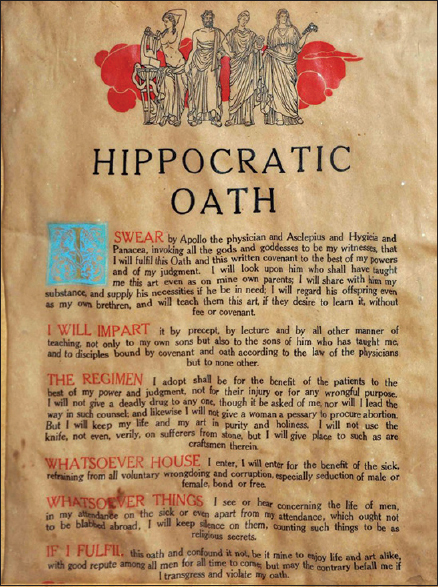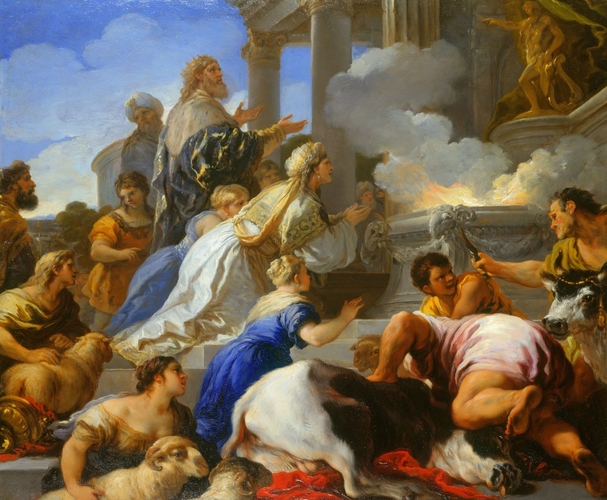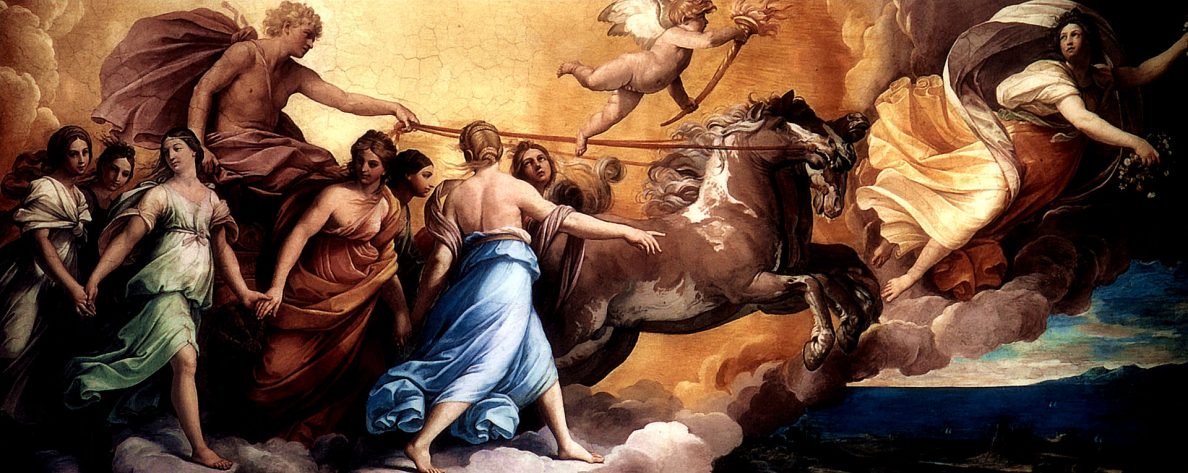Apollon the Healer has called His Treasury to offer prayers that the community may utilize for their own health, and that of those whom they hope to protect. May they be received in the same spirit in which they are given: in love, compassion, fortitude, and respect.
— Treasury of Apollon
Prayer should begin at or around sunset, local time.
March 16, 2020
Prayer to Apollon, the Averter
You Who Sends and Drives Away Plague,Be with us today in our time of need.
May your family come by your side
Asklepios, Divine Physician,
Arrive with your serpent-intwined staff,
Your glorious daughters by your side.
Gracious Hygeia, bring good health.
Panakeia, help us find aid in this fight.
Gentle Iaso, may you lead the way to good health for all those who are touched.
Please be with us in our need, Good Gods. And may we be blessed by your presence.
— Camilla

Prayer for Containing Pandemic
Apollon, Asklepios, Hygeia, Panakeia– it is to the Gods of Medicine, Cleanliness and Cure that I pray– may my mind always turn toward the wellness of my communities, be they close or extended, and in these thoughts let me be led to right action, which preserves the lives and health of those around me.
Cleanliness and courtesy are the mantle I must now bear, without fault, for I am a keeper of lives not my own, as others are now the keepers of mine. We are many, yet are we as one, drawn together in common cause. And for my part, I shall not take more than is my share, and I will endeavor to care for those whose constitutions are compromised, and also shall I not go forth without necessity.
O Gods of the arts of healing and maintaining health, who govern the subtleties of dis-ease, hear this prayer, and grant Your grace upon my words, that what I speak always be a prelude to action, and never the platitudes of comfort.
Hail to You, O Gods, in Your Glory.
Thank You, Apollon.
Thank You, Asklepios.
Thank You, Hygeia.
Thank You, Panakeia.
Blessed Be.
— Columbine

Prayer for Care of the Elderly
Many of us have at-risk elders, who we may not be able to consistently care for due to distance or other factors. However, as long as we are committed to their well-being, we should do all that we can to ensure their safety and survival. This includes prayer, in addition to all of the physical measures we (and they– if possible) must take to realize that end. The following is a short prayer for this purpose. A special shout out to Sunweaver, because I incorporated her brief prayer into this one.
*****************
O Paian, O Blessed Apollon, whose ministrations are like balm for the soul, You who are the source of health and the pinnacle of purity– liven our elders, O God, and instill deep within them (and their caretakers) the will to carry out best practices for their own health and safety.
O God of Plagues, spare our elders (and those adjacent to them) and let them live without fear, that their mental health not suffer during this season of want and isolation.
Apollon, who annihilates impurity, turn Your molten gaze toward this virus (COVID-19), that it be burned away within the aura which surrounds You, O Lord of Splendor and Grace.
In Your holy name, O Paian, O Blessed Apollon, we ask these favors, that our community of elders be spared this plague.
— Columbine

(COVID-19) Healing Prayer/Ritual
Supplies: A single candle (tea-light is fine), dressed/anointed with an appropriate oil, such as bay laurel, pine, rosemary, or cinnamon (olive may be substituted). A source of flame. A libation and a vessel to hold it.
Instructions: Dress your candle with the oil, with the intent to draw forth our Lord’s healing powers, with His permission. Meditate or visualize for a bit, then light the candle while calling upon Him by His healing/purifying/averting epithets. Ex: (Apollon) Paian, Apotropaios, Phosophoros, Katharsios, Daphnephoros, Hekatos, etc. When you feel His presence, read or recite the following…
“O Lord and Patron who inspires all manner of Healthcare professionals, You whose power is of plague and healing, purification and rot, God to whom all Doctors swear their Oath, hear us in this time of peril and need!
“By Your hand, may our bodies remain strong and free from all illness, be they viral, microbial, bacterial, or any other. By Your command, may our physicians, nurses, technicians, and all medical and support staff be committed to the values of Hygeia, keeping themselves, their tools, and their workstations clean, and purified in the intention to cure or mitigate dis-ease.
“May we, the public, also keep to best practices concerning our health and well-being. Let us be responsible toward our fellow humans, as well as to those animals adjacent to us, for we are the hands of the Gods on Earth, and all that we wish for, must we also set into motion.
“Be the cleansing fire, O Lord, and the soothing breath which fills our lungs. Be the force which holds us accountable to our fellow man, that we remember the bonds which hold us, and society, together. We are not islands, though for the sake of the vulnerable among us, shall we adhere to self-isolation, whenever and wherever possible. And for those of us who can not adhere, let Your purifying light be a barrier between them and all danger.
“And for the vulnerable ones, as well as those upon whom this or similar misfortune has already fallen, we ask that You soothe their pain and ease their symptoms– that You assuage their fears, and supply all needed resources by annihilating the barriers between them and their recovery, or their continued well-managed health.
“O Physician, we beseech You for Your favor and Your grace, that our homes, towns, streets and cities (and especially the many medical facilities within them), be protected and secured, and that our lives be truly nurtured, as is Your decree, O Sovereign of the Medical Arts! And to that end do we offer this libation, in Your honor, Lord Apollon.”
Pour the libation, then pray silently for a bit.
Now, snuff out the candle, or, allow it to burn to completion, depending upon your living situation, always keeping fire-safety in mind. In the event that you can not burn, you may forego the candle, concentrating solely on the prayer and subsequent libation.
Sincerely thank Apollon, in your own words. Then, bid Him farewell.
Ritual Ends
(repeat as necessary)
— Columbine
Guidelines:
Prayers are NOT to be directed toward specific persons, UNLESS THEY HAVE CONSENTED to prayers on their behalf.
Participants are encouraged to pray for whatever healing they, or CONSENTING loved ones need (excepting minor children or dependents– discretion lies with parents or guardians), be it physical/medical, mental, emotional, etc.
Prayers ARE to be directed toward closing existing rifts within the spheres of the public Polytheist and/or Pagan communities. This includes local, statewide, national, or online communities.
Prayers should ONLY be directed toward communities that participants are ACTIVELY INVOLVED IN.
ALL prayers should be addressed to the Lord Apollon, or to Apollon and Asklepios (Hygeia, Panakeia, etc.), as the case may be for medical intervention.



